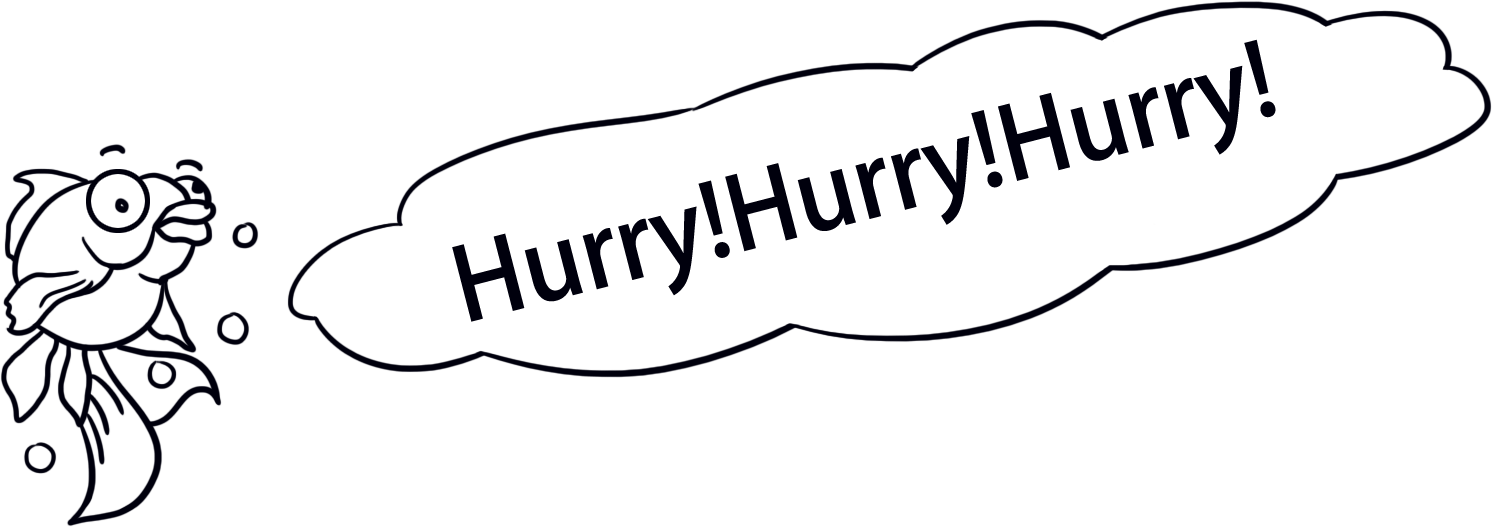



| Students' Home Share your moments here! | ||||
| Home | Forum | Blogs | Feedback | |
 | I'm in trouble. Last week, we had a football match, and we lost. We played well, but one teammate didn't do his best, I think. It was like he wasn't even on the court! Disappointed by his behaviour, I said all this to my best friend. But he told everyone else what I'd said. I'm really angry with my friend — what should I say to him? And should I say anything at all to my teammate? | |||
 | Reply There is an old American saying, "Loose lips sink ships." This means that if you speak too much about something, especially to people who you don't know so well, it'll cause all kinds of trouble. Maybe now you're in this situation. Forget all these unhappy things. Like 13 | |||
 | Reply Perhaps most importantly, think about your own behaviour. When filled with anger, you would say whatever comes to your mind. You might hurt others. Take a deep breath, calm down, and always remember: think first, speak later. Like 11 | |||
 | Reply In my view (观点), you should do what your parents ask. They're much older than you and you should respect them. It's their house you live in and their money you spend! Like 10 | |||
 | Reply Here's what you need to do. First, apologise to your teammate. Have a chat with him, and tell him directly and honestly that you were talking without thinking. Then tell your friend you're angry with him for repeating what you said and making the situation worse, but you hope your friendship will move on. Like 10 | |||
| AFRICAN GHOST FISH NOW ON SALE At Happy Day's (1) Shop! • The world's only invisible fish. • They need (2) food. • The female is the most (3) creature alive. She becomes visible after she lays eggs. • All customers will be completely satisfied. • The fish will give great (4) to you. (5)  |